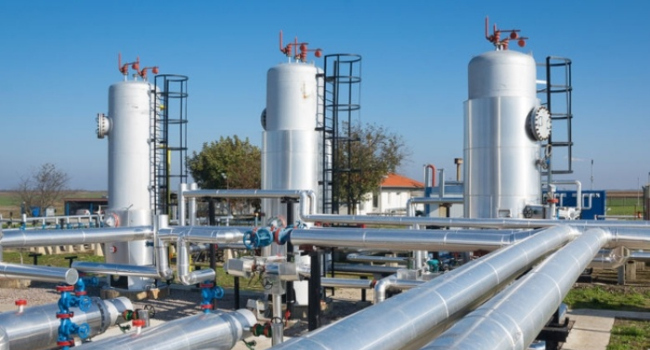When President Bola Tinubu took office, he inherited an oil sector struggling with declining output, investment and security challenges.
Now, his administration is betting on deepwater incentives and regulatory reforms to turn the tide. The aim is an ambitious target — 4 million barrels per day (bpd) by 2030.

How does the government intend to do this?
Basically, the Nigerian government is ramping up efforts to boost oil production to 4 million barrels per day (bpd) by 2030, using fiscal incentives and streamlined regulations. It hopes that, together, they would attract both local and international investors.
Special Adviser to President Bola Tinubu on Energy, Olu Verheijen, shared this vision in an exclusive interview with reporters.
Speaking with a keen analytical approach, she outlined how the administration was actively working to revitalise the oil sector and drive economic growth.
Tinubu Engages Global Investors
According to Verheijen, President Tinubu has personally taken steps to rebuild investor confidence by engaging directly with global oil executives and reassuring them of Nigeria’s commitment to a stable and profitable investment climate.
New Incentives For Investors
She emphasised that the government had introduced new tax incentives for international oil companies (IOCs) and deepwater investments.
She believes that this positions Nigeria among the top three most fiscally attractive destinations for gas investment worldwide.
Read Also; Saudi Fund To Acquire 44.6% Stake In Olam Group’s Agribusiness
To illustrate this progress, she pointed to Total and the Nigerian National Petroleum Company (NNPC), which committed $550 million to a non-associated gas field just months after the government rolled out these incentives in February 2024.
Deepwater Exploration And Growth
“For the first time, the government has created deep offshore incentives for non-associated gas,” Verheijen said.
Furthermore, she stressed that that increasing investment in deepwater exploration remained essential to achieving Nigeria’s ambitious oil production targets.
As a result of these policies, oil production has climbed by 500,000 bpd in less than two years, reaching 1.73 million bpd—including condensates—as of January 2025.
Data-driven Approach
Verheijen credited this growth to the administration’s “data-driven approach” in tackling security challenges in the Niger Delta.
By implementing targeted measures, the government has strengthened protections for critical pipeline infrastructure.
“One of the key issues the team identified was the terminal factor affecting the Trans-Niger pipeline, a major trunk line in the eastern region,” she noted.
What’s Next For Nigeria’s Oil Goals?
Moving forward, the government plans to accelerate reforms and attract further investments.
Over the coming years, these strategies will determine whether Nigeria can successfully achieve its four million bpd target.

